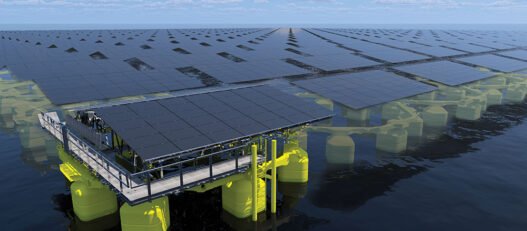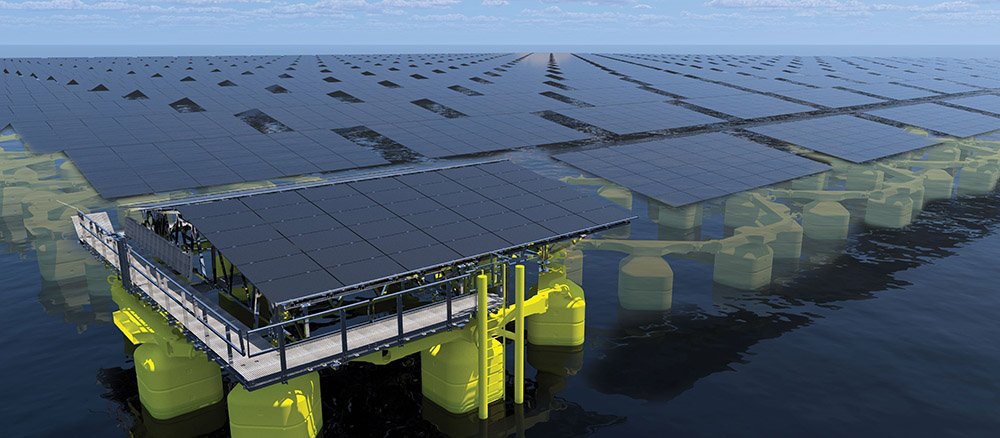The switch to renewable energy is no longer a dream. Solar, wind, and other renewable energy options have grown in popularity as governments, corporations, and individuals face pressure to decrease carbon footprints and switch from fossil fuels. This article covers renewable energy service trends, financial incentives, and expert guidance, showing how these technologies are changing how we live, work, and power.
The Growing Popularity of Solar Energy
Solar power has grown in popularity over the past decade due to environmental and economic concerns. Solar energy is clean, renewable, and doesn’t generate pollutants, thus more people are switching to it. Due to climate change, individuals and companies are looking for methods to minimize their carbon footprints, and solar power is one of the best options.
Scalability makes solar energy enticing. Solar technology may be tailored to single-family homes and huge business buildings. Solar panel efficiency improvements have lowered costs, making it more affordable. Solar installation is now an inexpensive and sensible investment for individuals and businesses. Solar system adoption will undoubtedly rise as more individuals switch to sustainable energy.

Government Incentives and Financial Support
Government subsidies and financial assistance for renewable energy are major drivers of its adoption. Solar, wind, and other renewable energy systems get tax credits, rebates, and subsidies in many nations, including the US. The Federal expenditure Tax Credit (ITC) reimburses households and businesses for solar installation costs, reducing the initial expenditure needed to switch to sustainable energy.
Additional state and municipal initiatives and incentives may lower solar and other renewable energy costs. These programs make clean energy cheaper and boost economic growth by providing renewable energy jobs. As governments promote environmental sustainability, these incentives may change, giving more people and companies the chance to convert to greener energy.
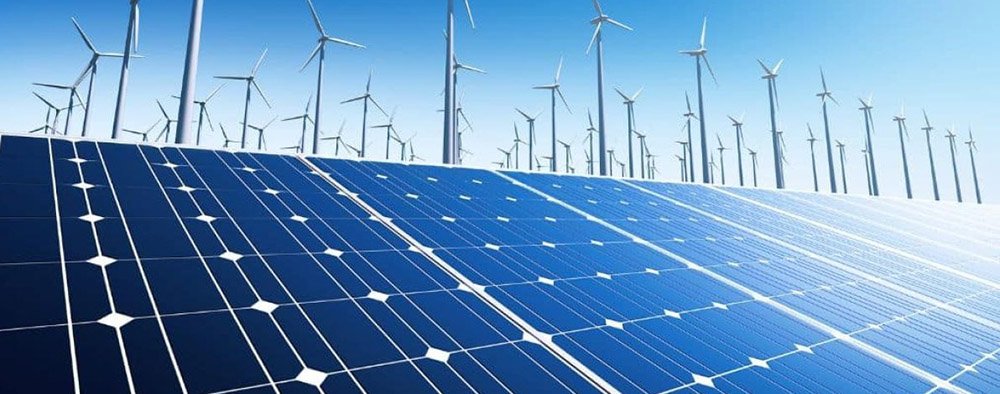
Wind Energy: Harnessing Nature’s Power
Wind energy is another cornerstone of the renewable energy revolution. Like solar energy, wind power is a clean, abundant, and sustainable source of electricity. Wind turbines capture the power of the wind and convert it into electricity, which can then be fed into the grid. The beauty of wind energy lies in its scalability, too—large wind farms can generate enough power to supply entire cities, while smaller residential turbines are also becoming increasingly common.
In recent years, advances in turbine technology and the ability to optimize wind farm locations have dramatically increased the cost-effectiveness of wind energy. Today, wind energy is not only one of the most sustainable forms of power generation, but it’s also becoming more competitive with traditional fossil fuels in terms of cost. As technology continues to improve, wind energy’s role in the global energy mix will likely expand, offering a cleaner, more reliable alternative to coal, oil, and natural gas.
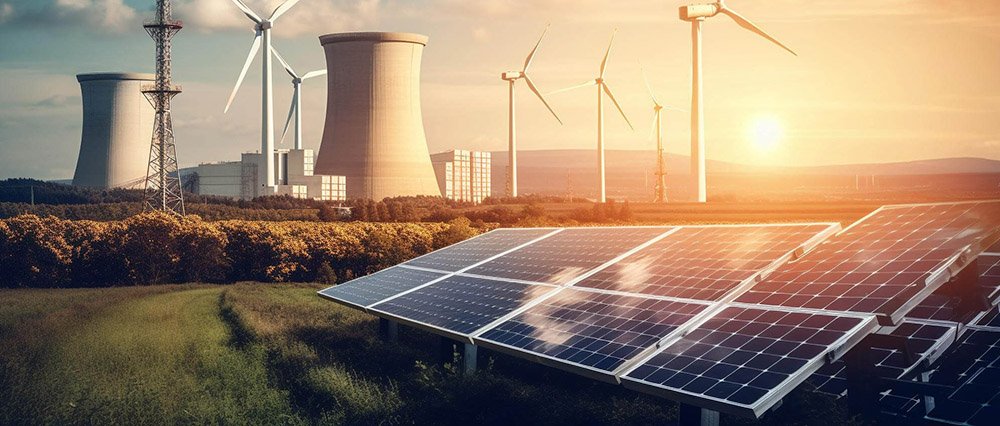
Expert Consultation: Making Informed Decisions
The growing availability of renewable energy options can be overwhelming for individuals and businesses who are just beginning to explore clean energy solutions. This is why expert consultation plays such a crucial role in the decision-making process. Working with an experienced consultant can help you evaluate your energy consumption, recommend the most suitable renewable energy solutions for your needs, and navigate the complexities of installation and maintenance.
Renewable energy systems can be a significant investment, so it’s essential to ensure you’re choosing the right solution for your specific needs. A qualified expert can provide valuable insights into the performance, efficiency, and potential savings of different systems, allowing you to make an informed decision. In addition, consulting with reputable companies ensures that you’re receiving high-quality products and services, helping to maximize the lifespan and effectiveness of your energy system.
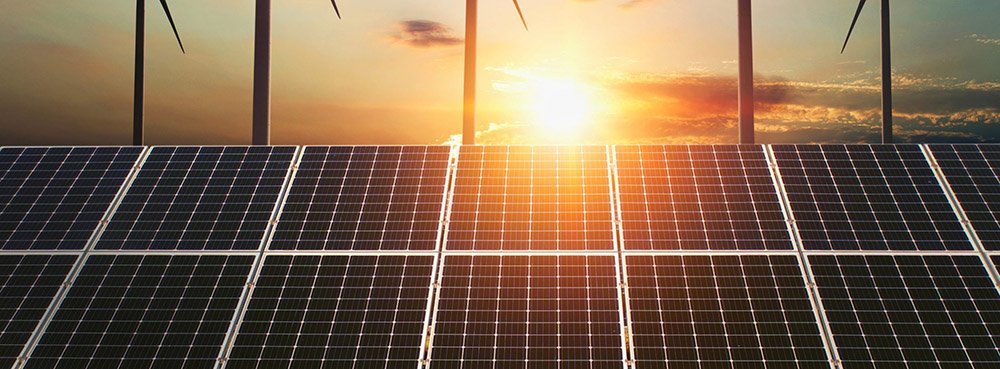
A Sustainable Future: The Growing Importance of Renewable Energy
As we continue to face the challenges of climate change and depleting natural resources, renewable energy solutions are more important than ever. They offer an opportunity to reduce our dependence on fossil fuels, protect the environment, and create a more sustainable future. With the advancements in solar and wind technology, along with government incentives and expert support, transitioning to renewable energy has never been easier or more affordable.
The future is clear: clean, renewable energy will play a central role in the global energy landscape. Whether you’re considering solar panels for your home or exploring wind energy for your business, making the switch to sustainable energy sources is one of the most impactful steps you can take toward a greener planet. As technology continues to evolve and prices continue to drop, the widespread adoption of renewable energy seems inevitable.

Frequently Asked Questions
What are the main types of renewable energy?
Solar, wind, and hydropower are the most common types of renewable energy, followed by geothermal and biomass.
How does solar energy work?
Solar panels capture sunlight and convert it into electricity, which can be used to power homes or businesses.
Is renewable energy affordable?
Yes, with advances in technology and government incentives, renewable energy systems are becoming more affordable.
How do wind turbines generate power?
Wind turbines convert the kinetic energy of wind into electricity through blades that spin as the wind blows.
Why is consulting an expert important in renewable energy?
Experts help you choose the best system for your needs and ensure proper installation, maximizing energy efficiency.






